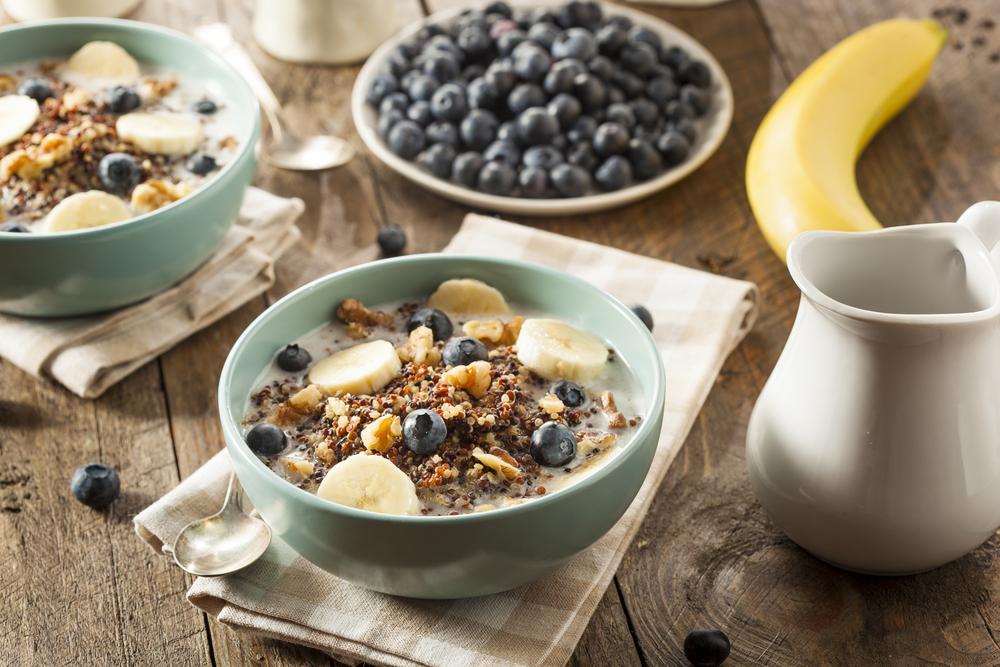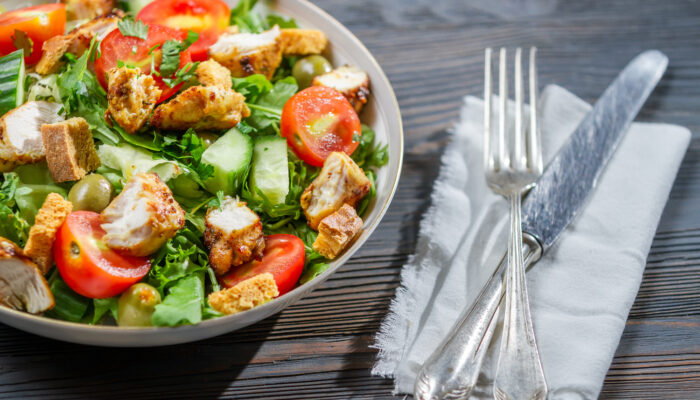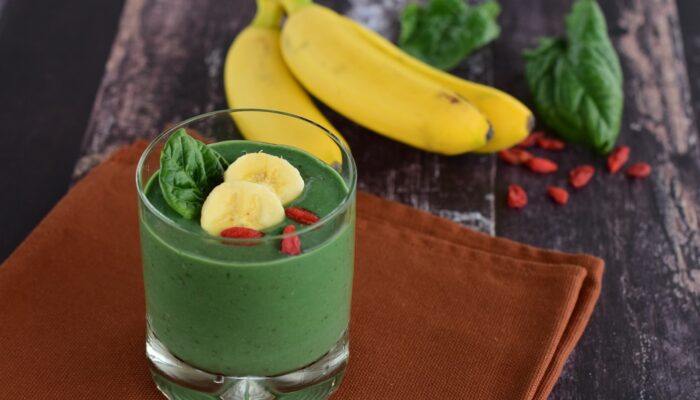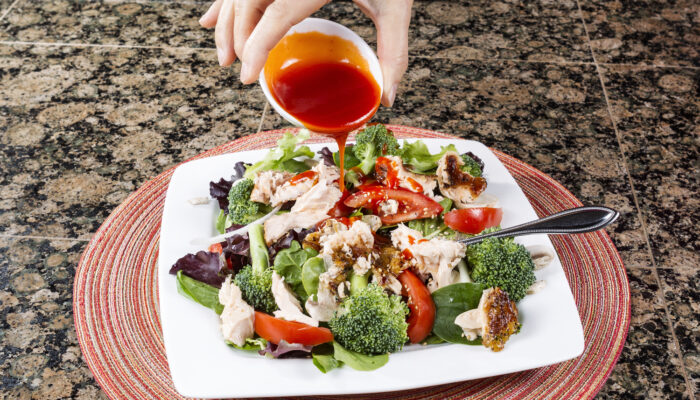
Managing IBS Through Dietary Changes
Irritable bowel syndrome (IBS), also called spastic colon, is a type of gastrointestinal (GI) disorder that affects the large intestine. IBS is a long-term disorder that causes symptoms of cramping, abdominal pain, bloating, gas, and diarrhea or constipation, or both. Another surprising fact to note is that IBS symptoms may change over time.
IBS with constipation (or IBS-C) is very common and often accompanied by abdominal discomfort or bloating. Constipation is a condition wherein one doesn’t pass stools more than thrice a week. Though it is healthy to pass stools every day, there is no reason to be alarmed or panic if it doesn’t happen daily. It is only when stools are passed less than 3 times a week that one has reasons to worry. Bowel movement in people with constipation may be accompanied by straining, and sometimes a lump or blockage might be felt while passing stools. While passing stools, a person with constipation may have to press some body part or change position to empty bowels, and the stools can be hard and lumpy. Though IBS-C is not life-threatening, it can affect a person’s quality of life. Treatment aims to reduce the symptoms of pain, bloating, and constipation. Treatments may include lifestyle changes, dietary modifications, and medications:
1. Foods to avoid with IBS
Certain foods also trigger IBS while others can help relieve symptoms. Foods that lead to a flare-up of the symptoms vary from person to person, but it is a helpful dietary tip to leave these common food triggers for IBS out of your diet:
- Processed foods like cookies and chips
- High- protein diets
- Coffee
- Carbonated and aerated drinks
- Alcohol
- Dairy products, especially cheese and cream
- Products made with refined grains
- Artificial sweeteners, like sorbitol, maltitol, or xylitol
- Baked beans, chickpeas, and lentils
2. Food to eat for IBS
Along with following these dietary tips, it is important to maintain a balance of carbohydrates and proteins in the diet. A low-carb diet can cause constipation, and a balanced diet with sufficient carbohydrates keeps the digestive tract healthy. It is advised to eat small meals, chew the food well, and eat slowly. It is also important to be mindful while eating, which means doing other things like watching TV or mobile phone should be avoided during meal times. Foods to eat include:
- Fiber-rich foods: Fiber helps most people with IBS-C. A diet low in roughage makes bowel movement difficult. At least 25 grams of fiber for women and 38 grams of fiber for men is recommended in the daily diet, and these requirements can be met with fruits, vegetables, beans, whole-grain bread and cereals, and nuts.
Fiber supplements are a good option to have along with fiber-rich foods. If one is not getting the recommended fiber intake, it is recommended to increase fiber consumption gradually by a few grams per day (by about 2grams to 3 grams) until the recommended levels to ease constipation are reached. - Prunes and figs: These fruits are high in sorbitol, which helps loosen bowels. Prune juice or figs soaked in water are good ways to have them.
- Flax seeds: Ground flax seeds are high sources of fiber and can be sprinkled on salads, cooked vegetables, and cereals.
- Water: Drinking plenty of water and sugar-free juices can help hydrate the digestive system and aid smooth passage of stools.




